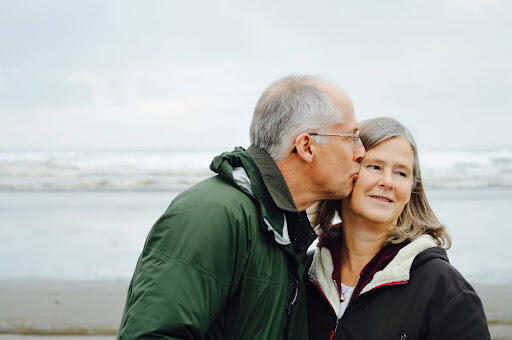
Care Tips for Managing Allergies in Older Adults
As we age, allergies become increasingly problematic and potentially hazardous. Because of this, older adults should take some extra precautions to be sure that their allergies don’t become more severe or life-threatening.
Know Your Allergies
The first step you need to take is to know your allergies. Many people, old and young, often mistake allergies for something else. For instance, a runny nose is a common allergy symptom, but it is also one of the first symptoms of a cold.
Knowing your allergies will allow you to find the right treatments, antihistamine tablets, nasal sprays, etc. In simple terms, you can’t treat something if you don’t know what you are treating.
Medication
Speaking of medication, be sure to speak to a doctor about what would be best for you. This is especially true if you have more severe allergies, as OTC medication may not be strong enough to do the job.
Therefore, be sure to discuss this with your doctor to ensure you are taking medication that is right for you, and medication that won’t have any severe side effects.
Improve Indoor Air Quality
Another step to take is to invest in an air purifier or two, to improve the indoor air quality of your home. As we age, breathing does become difficult to a degree as our lungs become weaker, and therefore, it is important to ensure the air you breathe is as clean as possible.
Air purifiers work by sucking in dirty, allergen-filled air, passing it through water and layers of filters, and then releasing the clean air back into your home. This is ideal for those who suffer from hayfever, pollen, or pet dander allergies, as these travel through the air.
Do Laundry Regularly
It is important to keep your clothes and linens clean every day to prevent the spread of allergens. For instance, when you head outside, it is exceptionally easy for pollen to stick to your clothes, which means you bring it into your home, and the allergen spreads.
Dustmites and bed bugs can also be prevented by washing your linens regularly, and exposing your mattress to the sunlight. At least once a week, remove all the linen from your bed, open your curtains, and let your mattress bake in the sun for a few hours.
Manage Humidity & Mold
Mold can be a massive problem in many homes, and can play havoc with your lungs and breathing. This is a particular problem in colder countries, as people spend large parts of the year without opening windows or doors to allow the home to dry out.
As we age, we feel the cold more and more, meaning it becomes nearly impossible to leave windows and doors open during Winter. Instead, you can invest in a dehumidifier, which can quickly remove excess moisture from your home.
Home Cleaning
Keeping your home clean is another important aspect if you have allergies. Excess dust, pollen residue, pet dander, etc, can all settle around your home, and can cause allergic reactions constantly.
Therefore, be sure to regularly dust and vacuum your home, and if that isn’t possible due to mobility issues, it is well worth the money to hire a professional home cleaning team to do it, as maintenance will be easier as opposed to the initial cleaning.
Pet Care
While we love our furry friends, they can be the source of allergens. While they have pet dander that they spread around the house, their fur is also very good at catching and holding onto pollen, which they then bring into your home.
Therefore, be sure to brush and give your pets baths regularly, especially during the peaks of pollen and shedding season. Also, be sure to clean their bedding and blankets often, as washing your pet would be pointless if they go and lie down on their bed, which is still covered in allergens.
Support Immunity with Diet
You can also help lessen the effects of allergens by supporting your immune system with your diet. For instance, Vitamin C has been shown to improve your immune response, and you also don’t need a lot to get the benefits.
You should also include more Omega-3 in your diet, as well as zinc and antioxidants. While this isn’t the only thing you should do, especially if you are allergies are serious, a diet change should be done in conjunction with the other steps on this list.
Avoid Areas with Allergens
Finally, be sure to know where high-allergen areas are in your vicinity. While this sounds obvious, many people forget that something like pollen doesn’t only come from trees and plants, as grass pollen can also be a problem for some.
Therefore, you should first be aware of when the pollen and hayfever season is at its height, and then avoid the areas where you will be exposed to the most pollen. While this can be slightly inconvenient, it is way better than having an allergy attack you will need to deal with for the next few weeks, or even months.